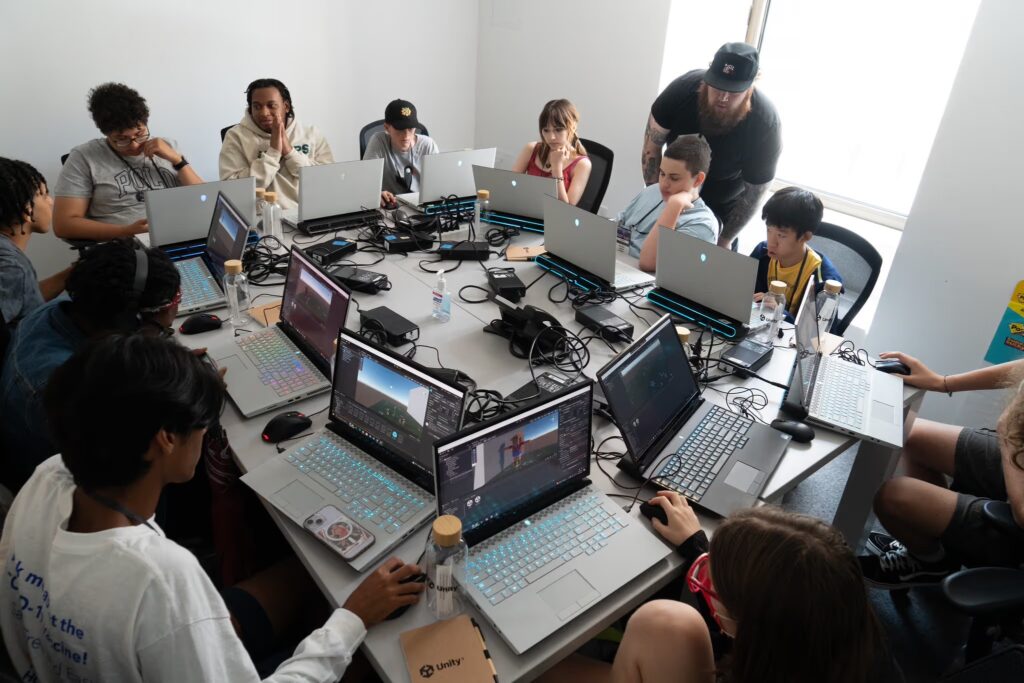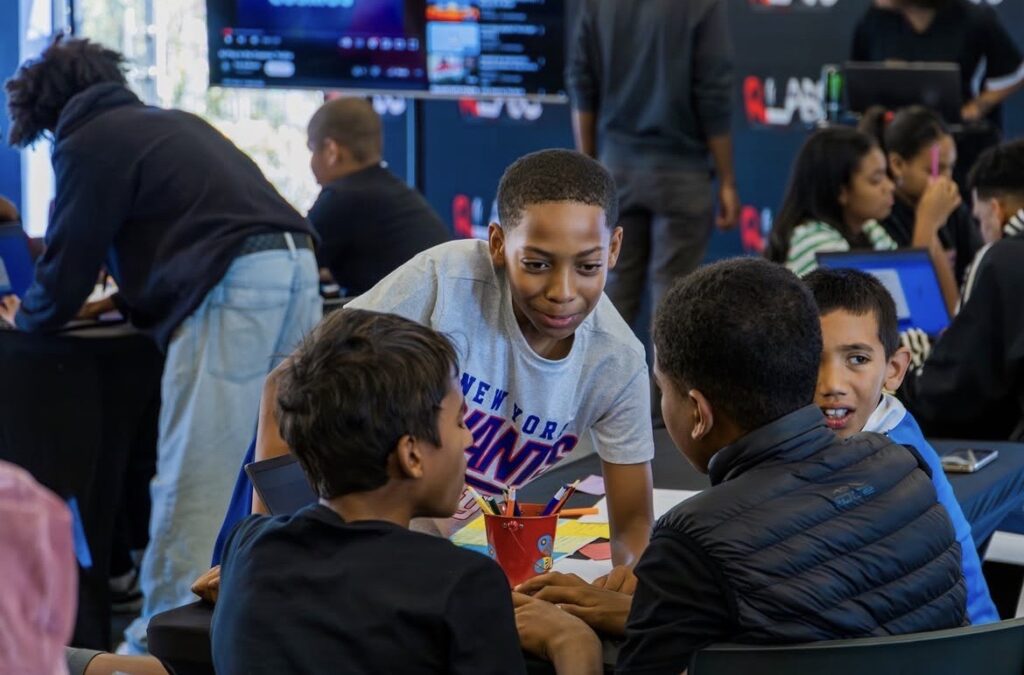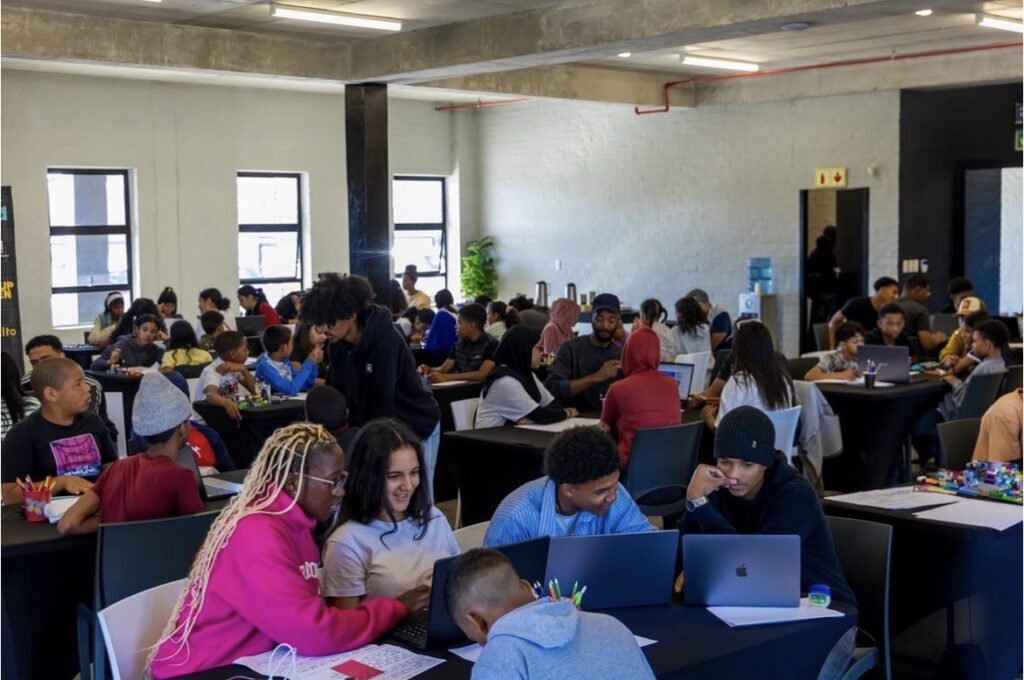Across Africa, a new wave of young developers is using games to tell powerful stories about hunger, survival, and hope, proving that play can inspire change.
A New Kind of Game Development Is Emerging
Across campuses, workshops, and creative labs, a new generation of African students is rewriting what it means to design a game. Their goal goes far beyond high scores or entertainment. They’re building games that reflect real struggles, like hunger and food insecurity, while exploring how technology can raise awareness and inspire action.
The movement gained attention through the “Outplay Hunger” challenge, a pan-African initiative that called on young creators to design games around food sustainability, waste reduction, and smart resource use. From Nigeria and Kenya to Ghana, Uganda, and South Africa, teams of students responded with fresh ideas that turned tough issues into engaging gameplay.
Some games imagined futuristic cities where players must balance food production and population growth; others explored the everyday realities of food access in African communities. The results weren’t just creative, they were meaningful.

More Than Just Games, They’re Lessons in Empathy
What makes these projects stand out is their heart. Each game carries a message that blends entertainment with education. Many of the student teams drew inspiration from local experiences, from farmers struggling with droughts to families dealing with food waste.
One Nigerian team developed a mobile game where players run a food bank, making quick decisions to distribute meals efficiently. A Kenyan student created a farming simulator that teaches players about climate-smart agriculture. Every design choice, character, and storyline became a small window into the real-life challenges millions face daily.
Through these projects, students are discovering the emotional power of gaming, a power that can open minds and start conversations.

Mentorship and Collaboration Are Fueling the Growth
Behind these creative sparks are mentors, educators, and studios investing in the future of African gaming. Local tech organizations and indie studios are now guiding students on everything from storytelling and coding to project management and marketing.
Events like Africa Games Week and Games Industry Africa showcases have also provided visibility for these student teams. Many participants have gone on to win small grants, internships, and collaboration offers, proof that their ideas are gaining global attention.
Some universities are catching on too. Game design courses and storytelling programs are appearing in curriculums from Lagos to Nairobi, giving students a structured way to learn the business side of gaming while sharpening their creative skills.
Turning Limitations Into Innovation
African developers have never had it easy. Unstable electricity, costly software, and limited access to gaming hardware can slow down progress. But instead of holding them back, these challenges have sparked innovation.
Many student teams are building games that run on low-end mobile phones, reaching a wider audience across the continent. They use open-source tools like Godot and Unity Lite, collaborate remotely, and rely on community feedback to improve their prototypes. This do-it-yourself culture has become part of what defines Africa’s game-development spirit, resourceful, resilient, and relentlessly creative.

More Than Players, They’re Changemakers
The most inspiring part of this movement is its message: young Africans are not waiting for others to solve their problems. They are coding their own answers, one level at a time.
As the continent’s gaming scene grows, these projects remind us that Africa’s biggest challenges can also inspire its brightest ideas. By turning social realities into interactive stories, student developers are proving that empathy, technology, and creativity can coexist, and even thrive together.
These young creators are showing that a controller in the right hands can change the world.
Join the 2025-26 Student challenge here
Which African-made game would you like to see go global next? Share your thoughts below and let’s celebrate Africa’s digital dreamers!